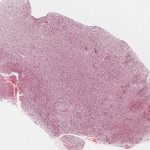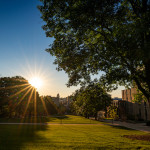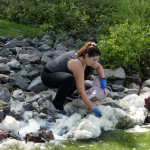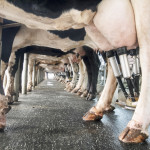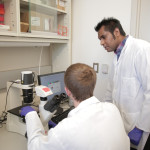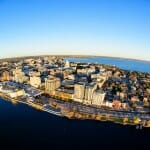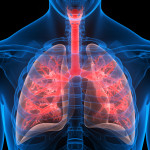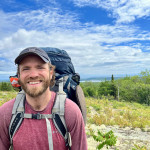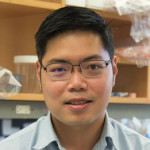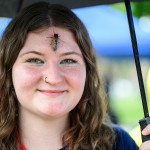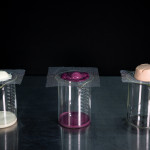Category Science & Technology
Cultivate curiosity at the 14th annual Wisconsin Science Festival
All ages and interests are welcome to attend and engage with science through demonstrations, performances, nature hikes, pub talks and hands-on exhibitions.
Burning and Learning
UW–Madison instructors, land care managers and students, along with the help of volunteers and farmers, are returning fire to landscapes on and off campus to restore the beauty of native tall grass prairies and oak savannas.
Summer at UW–Madison’s Trout Lake Station means science (mostly)
Driven by 100 years of research, a sense of community, and close regional partnerships, UW–Madison's Trout Lake Research Station offers a snapshot of Wisconsin's aquatic ecosystems, plus a little bit of fun.
Nasal spray flu vaccine candidate based on UW–Madison technology shows promise when administered alongside high dose annual shot
A unique influenza vaccine candidate that’s inhaled rather than injected is safe and could bolster protection against seasonal and pandemic influenza for people vulnerable to severe disease when they receive it in addition to the annual flu shot.
Retreat of tropical glaciers foreshadows changing climate’s effect on global ice
This research points to a single likely conclusion: The world's tropical glaciers, more than 99% of which are located in the Andes, are the first to shrink beyond what's been seen in the recent geologic past.
A stealth fungus has decimated North American bats but scientists may be a step closer to treating white-nose syndrome
Scientists have discovered how an invasive fungus that colonizes the skin of hibernating bats gains entry and covertly hijacks cells, taking an important step toward treatment of white-nose syndrome.
Lake and river foams study reveals high PFAS levels, even though underlying water may be less contaminated
Thirty-six different kinds of PFAS compounds were analyzed in samples of both the foams and water surface microlayers of 43 Wisconsin rivers and lakes.
Raw milk is risky, but airborne transmission of H5N1 from cow’s milk is inefficient in mammals.
New research suggests that exposure to raw milk infected with the currently circulating virus poses a real risk of infecting humans, but that the virus may not spread very far or quickly to others.
Serendipity reveals new method to fight cancer with T cells
Cells treated with “metabolic priming” retained their stem cell-like qualities, thus enhancing their ability to kill cancer cells, transform into durable memory cells, and survive longer in the body.
UW–Madison leading new research collaboration aimed at treating lung scarring diseases
An interdisciplinary group of researchers will will investigate the biological processes that promote lung scarring. With the aid of artificial intelligence and advanced 3D modeling, they will also develop and refine new imaging techniques and drug delivery systems that could aid in halting its progression.
Wolves reintroduced to Isle Royale temporarily affect other carnivores, humans have influence as well
While many studies have been conducted to understand the effects of a carnivore reintroduction on their prey, less well studied is the effect of the reintroduction on other carnivores in the same food web, in this case foxes and martens.
UW biochemist Ci Ji Lim named Pew Scholar
Lim is the ninth UW–Madison researcher selected to be a Pew biomedical scholar and is one of 22 early-career scientists to receive the honor in 2024. His research focuses on telomeres, the protective at the ends of chromosomes
The buzz about cicadas
Curious nature lovers crowded to Cicadapalooza, held on June 8 in Lake Geneva, Wisconsin, to learn all about the noisy bugs.
Watery planets orbiting dead stars may be good candidates for studying life — if they can survive long enough
The small footprint and dim light of white dwarfs, remnants of stars that have burned through their fuel, may make excellent backdrops for studying planets with enough water to harbor life.
Wind from black holes may influence development of surrounding galaxies
The discovery helps illuminate the way active black holes can continuously shape their galaxies by spurring on or snuffing out the development of new stars.
Bringing delight by investigating a no-melt ice cream
Cameron Wicks, a PhD student in the University of Wisconsin–Madison’s Department of Food Science, is working on a new technology that adds naturally occurring compounds to ice cream to prevent it from wreaking summertime havoc.

